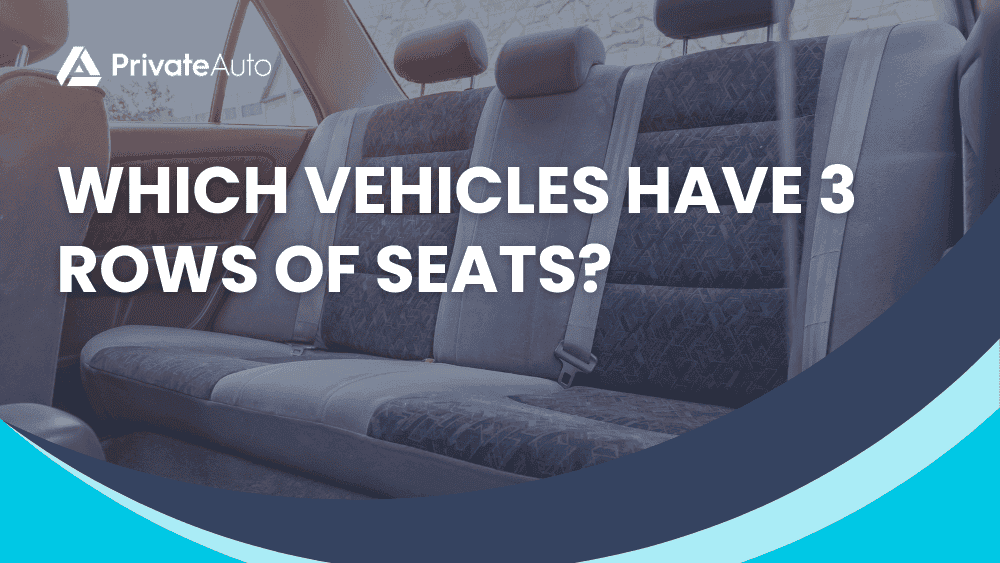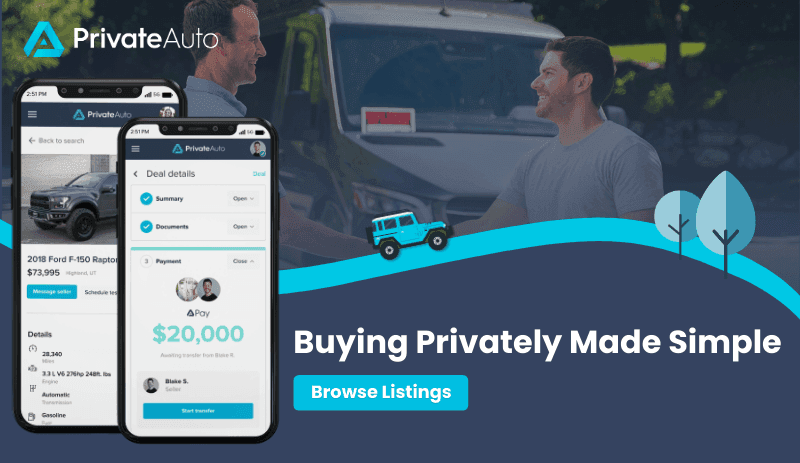Which Vehicles Have 3 Rows of Seats?
2023 Chevrolet Corvette
1. Do I frequently tow heavy loads or drive off-road?
2. Do I need a balance of passenger space and cargo flexibility?
3. Am I comfortable with higher fuel costs?
If you answered "yes" to all of these questions, a three-row SUV might be your best bet. Here are some popular ones:
SUV | Size | Maximum cargo space (cu. ft.) | Cost (used)* |
Chevrolet Suburban | Full-size | 144.7 | $36k–$54k |
Ford Expedition | Full-size | 104.6 | $20k–$40k |
GMC Yukon | Full-size | 122.9 | $58k–$98k |
Kia Telluride | Mid-size | 87 | $35k–$53k |
Toyota Highlander | Mid-size | 84.3 | $36k–$52k |
VW Tiguan | Compact | 65.7 | $27k–$38k |
3-Row Crossovers
1. Is fuel efficiency a top priority?
2. Do I prefer car-like handling but need more space or off-road capability than a sedan offers?
3. Am I willing to sacrifice some towing capacity and off-road ability for better maneuverability and efficiency?
If you answered "yes" to these questions, a three-row crossover just might be in your future.
Here are some popular models to consider:
Crossover | Combined fuel economy | Maximum cargo space (cu. ft.) | Cost (used)* |
Toyota Highlander Hybrid | 36 | 84.3 | $41k–$60k |
Mazda CX-9 | 24 | 71.2 | $39k–$49k |
Honda Pilot | 23 | 83.9 | $38k–$52k |
Minivans
However, minivans aren't for everyone. Here's why you might look elsewhere:
1. Is maximizing interior space and flexibility my top priority?
2. Do I frequently transport children, elderly passengers, or people with mobility issues?
3. Am I more concerned with practicality and family-friendly features than with sporty styling or off-road capability?
If you answered "yes" to these questions, a minivan might be in your future. Here are some popular options:
Minivan model | Seating capacity | Maximum cargo space (cu. ft.) | Cost (used)* |
Honda Odyssey | 8 | 158 | $38–$50k |
Toyota Sienna | 8 | 101 | $46k–$55k |
Chrysler Pacifica | 8 | 140.5 | $37k–$54k |
Full-Size Vans
Here are the trade-offs of full-size vans:
1. Do I regularly need to transport more than 8 passengers?
2. Do I need a lot of cargo space?
3. Am I comfortable driving and parking a large vehicle?
If you answered "yes" to these questions, you might be a candidate for a full-size van.
Here are some popular models to consider:
Van model | Max seating capacity | Max cargo space (cu. ft.) | Starting MSRP |
Ford Transit | 15 | 487.3 | $41,665 |
Mercedes-Benz Sprinter | 15 | 533 | $45,300 |
Chevrolet Express | 15 | 284.4 | $37,000 |
RAM ProMaster | 15 | 462.9 | $38,300 |
Buy Your Next Vehicle on PrivateAuto
1. We're the number one website to find cars for sale by owner. We have 100% private-party cars for sale, so you won’t be wading through dealership listings.
2. Browse listings with clean history reports, service records, and all relevant documentation.
3. We use technological solutions for every stage of the deal. You get security, speed, and convenience without paying fees.
4. Pay for your car instantly with no fees. PrivateAuto Pay has Venmo-like immediacy and convenience—without Venmo’s transaction limits. It’s the only way to instantly, safely, and conveniently transfer more than $5,000 in the USA.
You can filter PrivateAuto’s vehicles for sale in your area to see what sellers are asking for. Then, with our innovative offer feature, you can make an offer that works for your budget, sit back, and see if it gets accepted!


